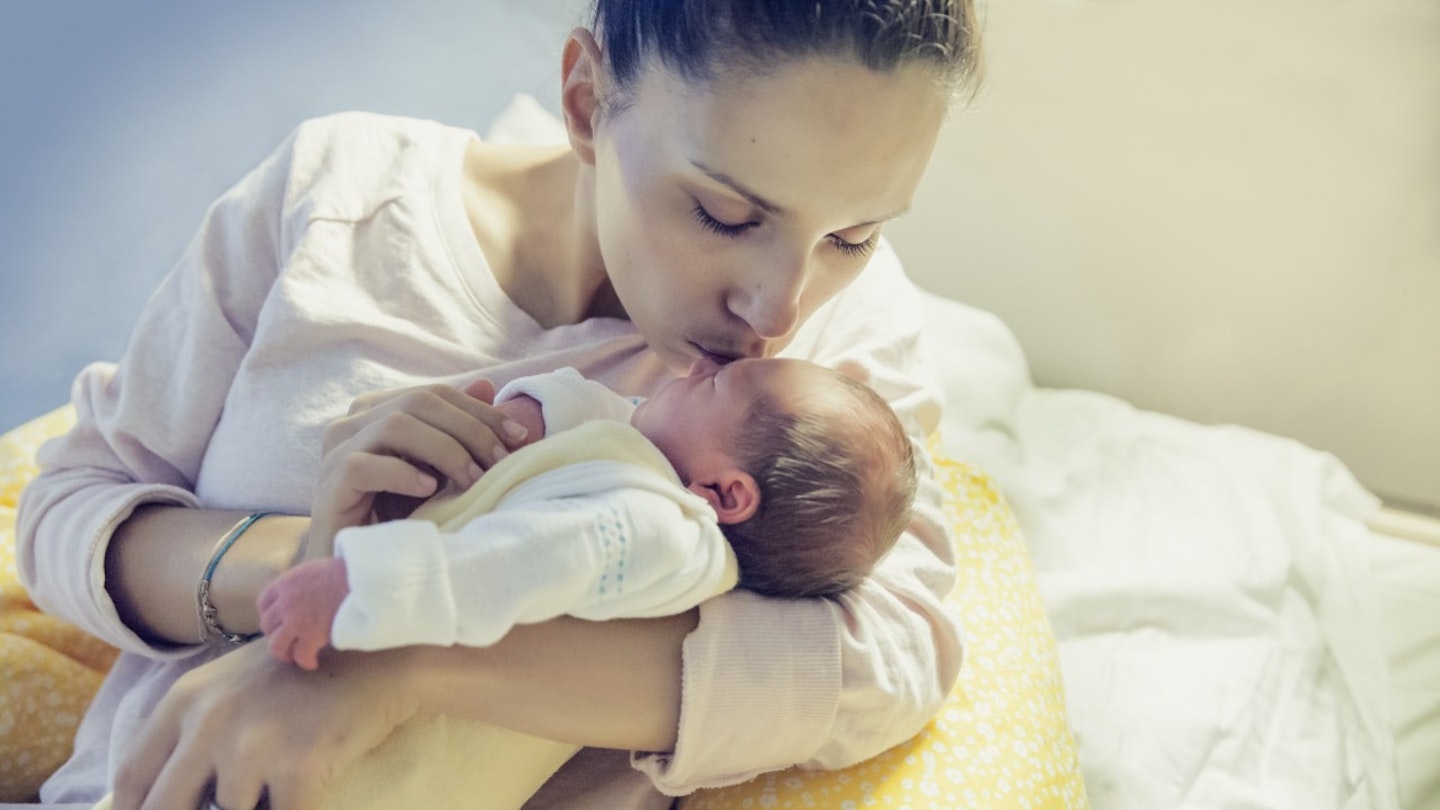Having a baby is a time when you need people rallying round you the most – but an investigation suggests there aren’t enough strategies in place to give that emotional help
Big gaps have been exposed in the mental support being given to new mums.
Parenting charity the NCT approached Clinical Commissioning Groups (the organisations tasked with delivering NHS services) around the country, and found only three per cent have a mental health strategy in place for women who’ve just given birth.
Of the 97 per cent of commissioning groups without a strategy, 60 per cent have no plans to put a system in place.
This comes despite one in 10 women struggling with some form of postnatal depression.
Of the 97 per cent of commissioning groups without a strategy, 60 per cent have no plans to put a system in place
The NCT also discovered that 54 per cent of NHS trusts they contacted didn’t offer a mental health service after birth and, of the 26 per cent that did, only a small portion had a full team in place.
‘While we found some areas with excellent care, too often we have found situations where there is no care, or very little care,’ says NCT CEO Belinda Phipps.
‘If there are whole areas where GPs, midwives and health visitors have no training or time to dedicate to this vital service then women will not get the help and support they need.
‘We need to see properly staffed and resourced services with clear lines of responsibility and clear targets for delivery. And we need to see that happening urgently.’
Did you get the emotional support you needed after you had your baby? Let us know on the comments board below.
